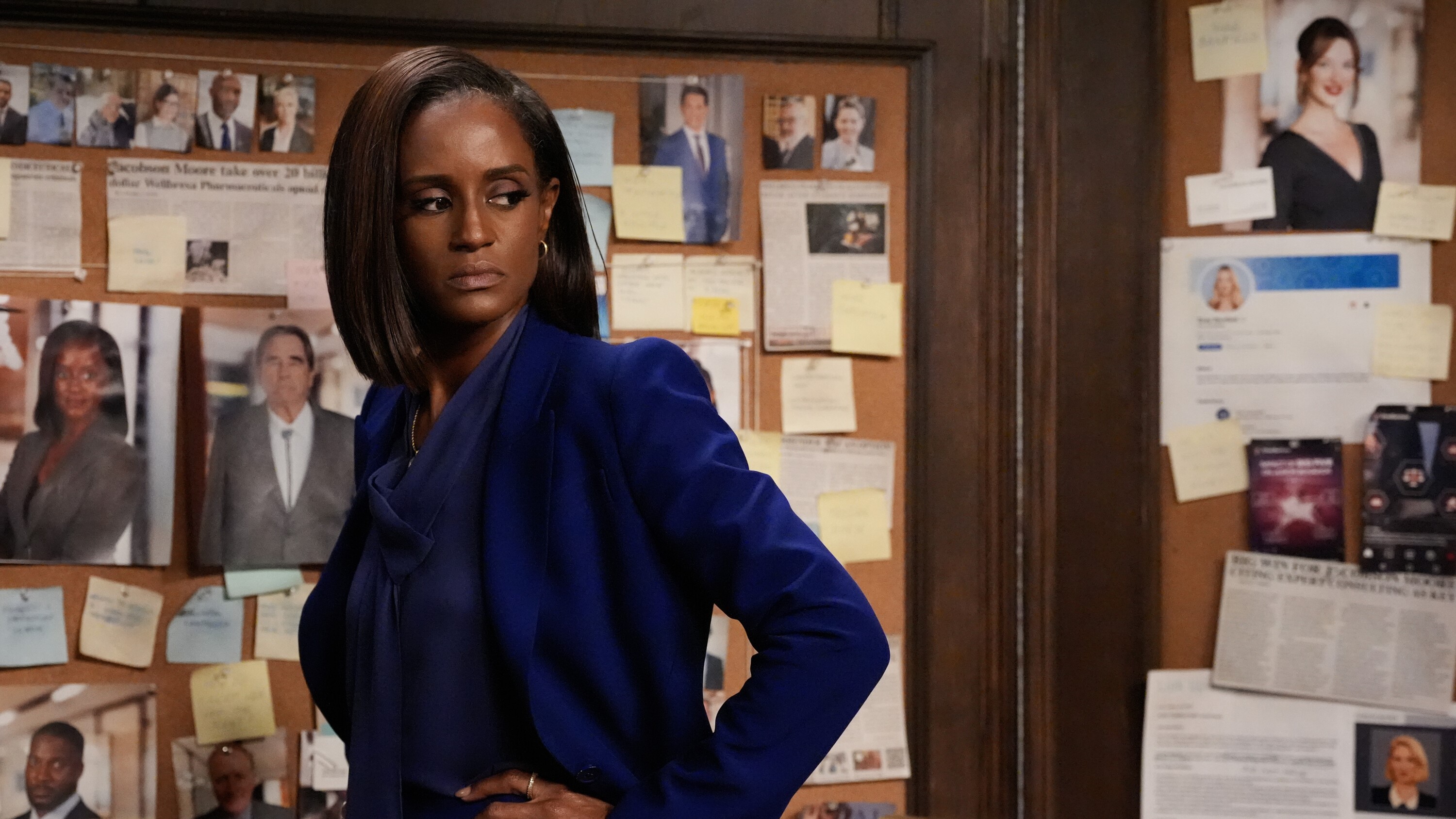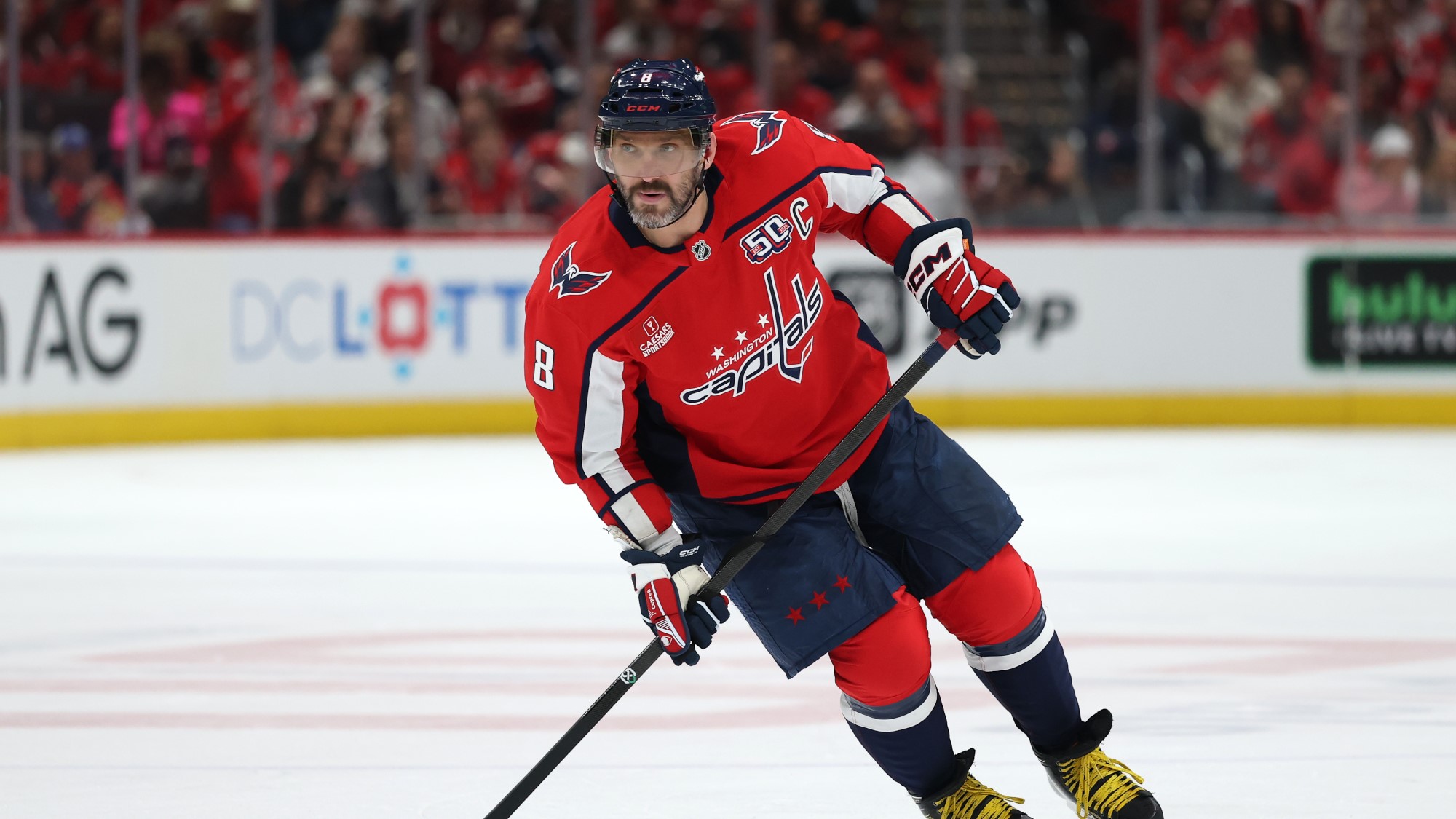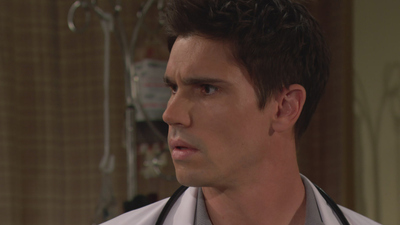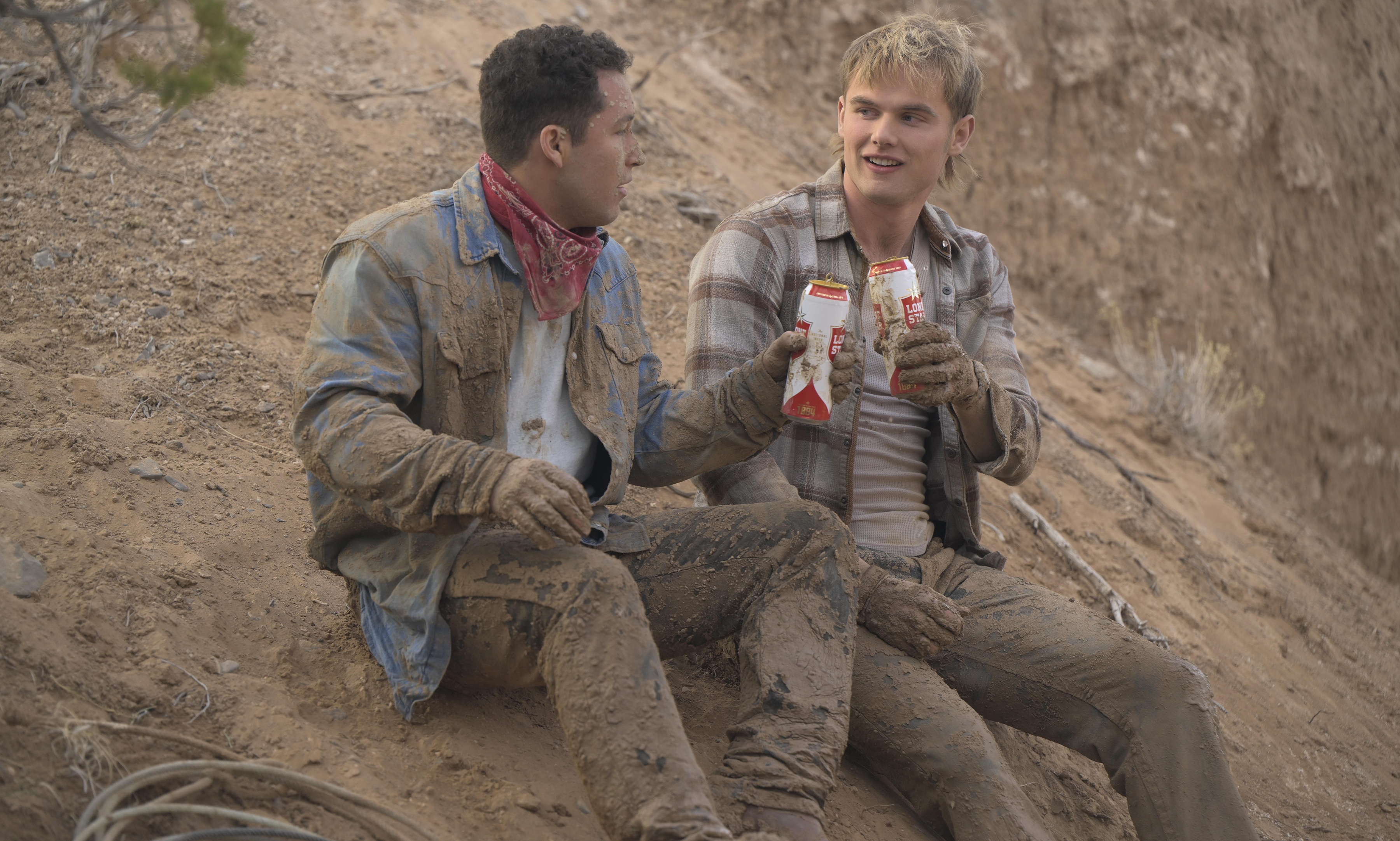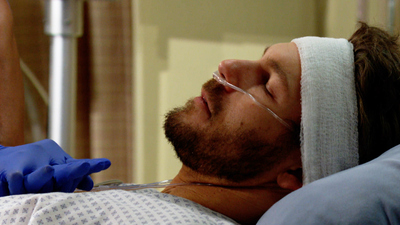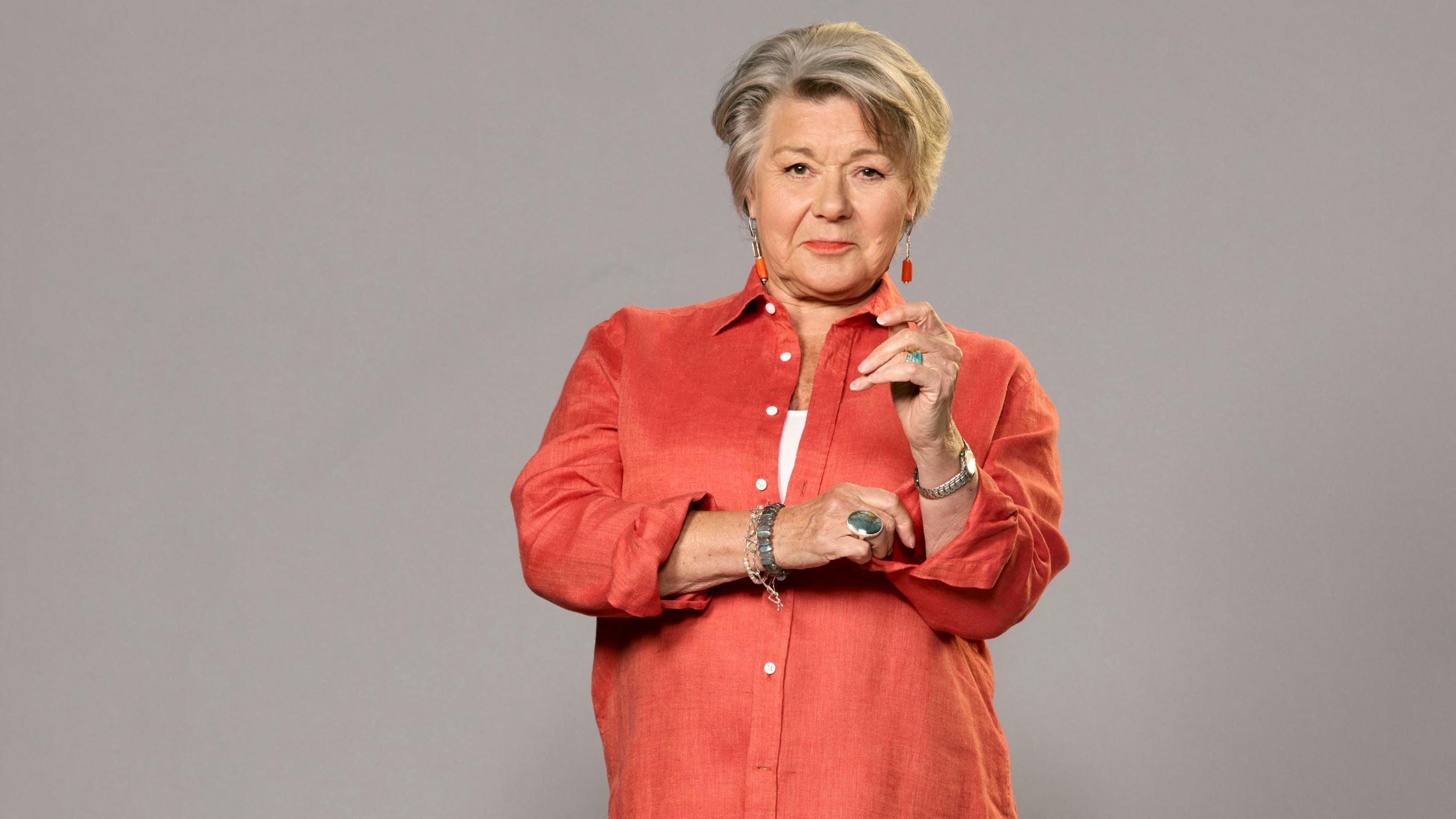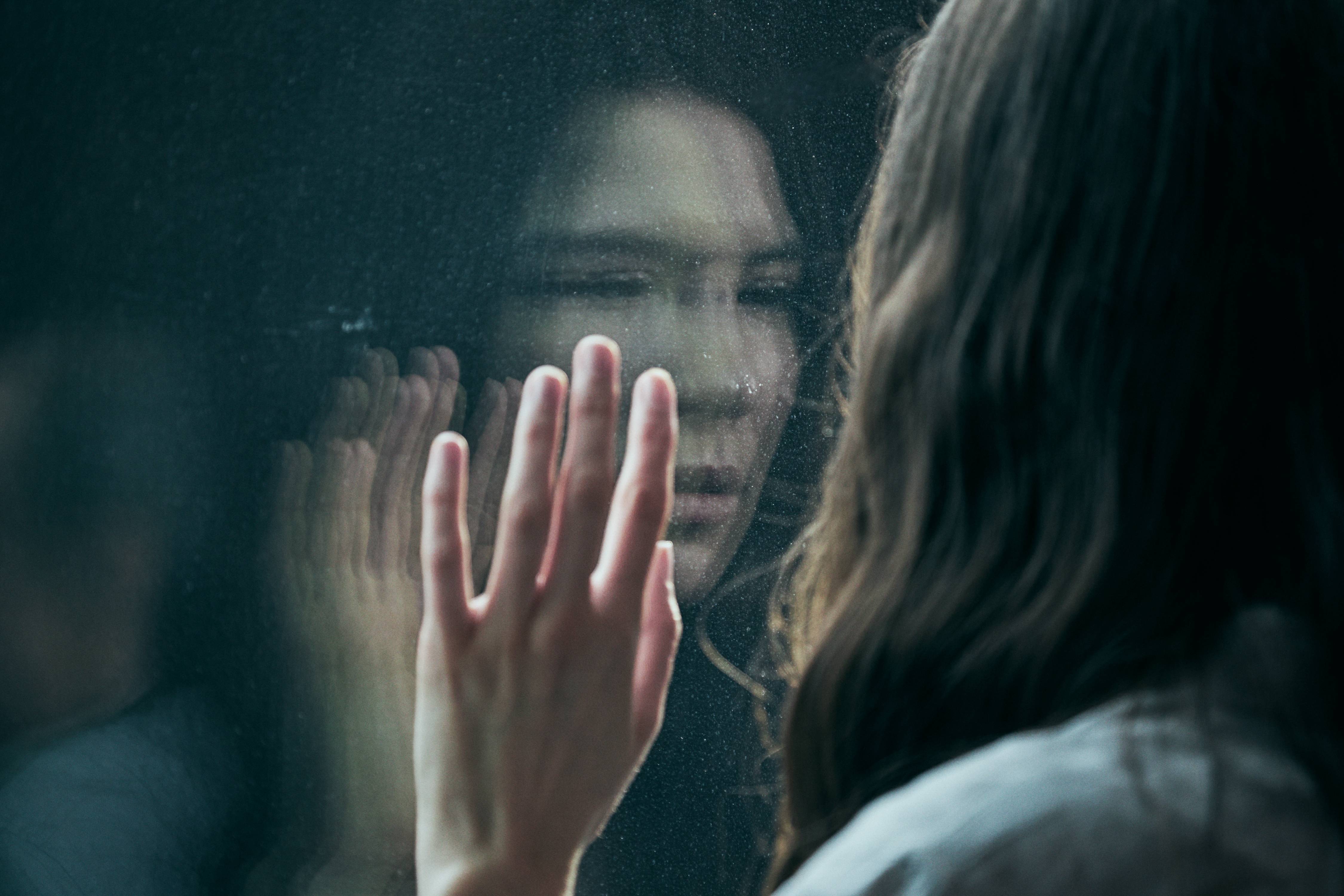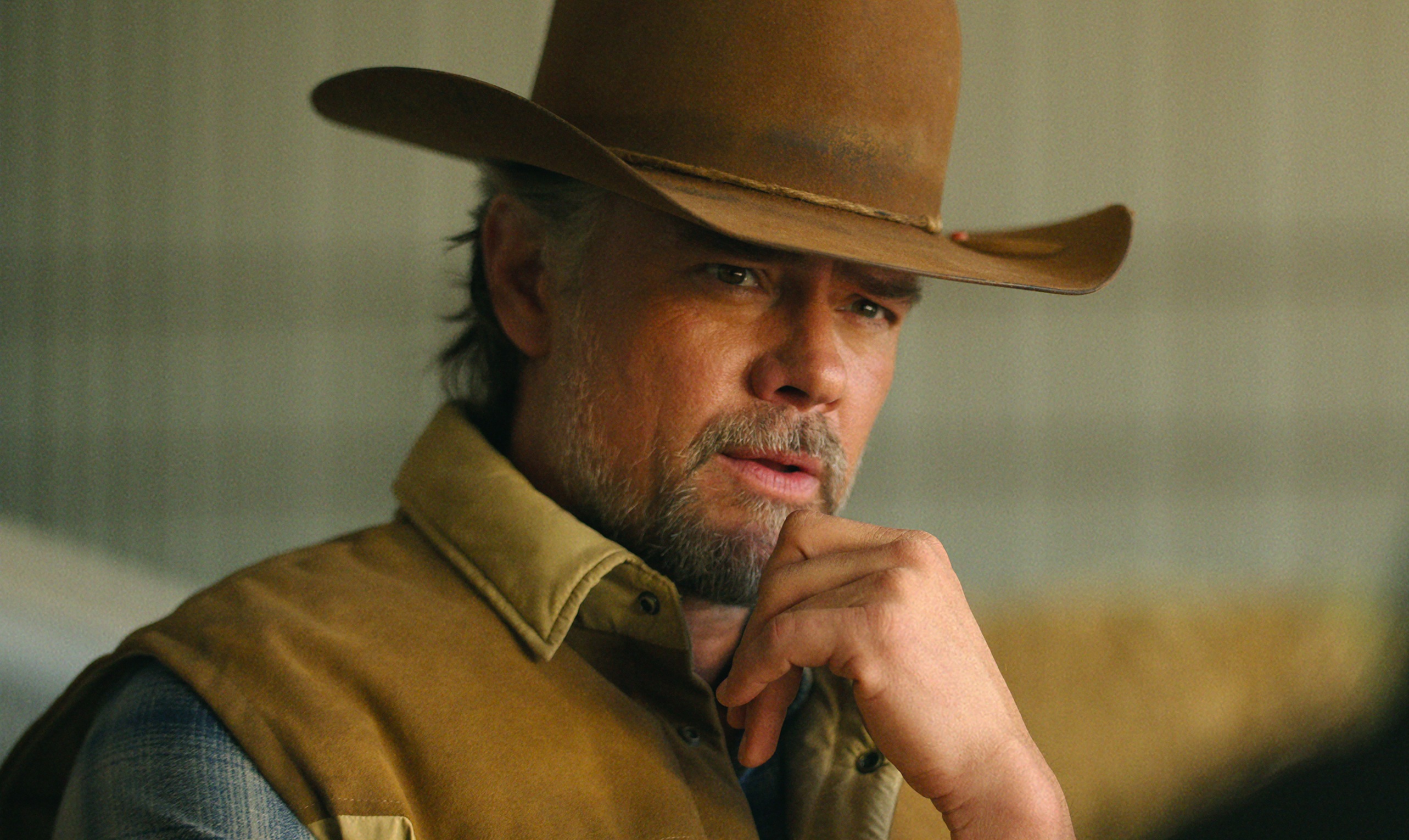Do we need Jon Stewart anymore?
'The Problem with Jon Stewart' is now on Apple TV Plus, but is the former 'Daily Show' host the draw he used to be?
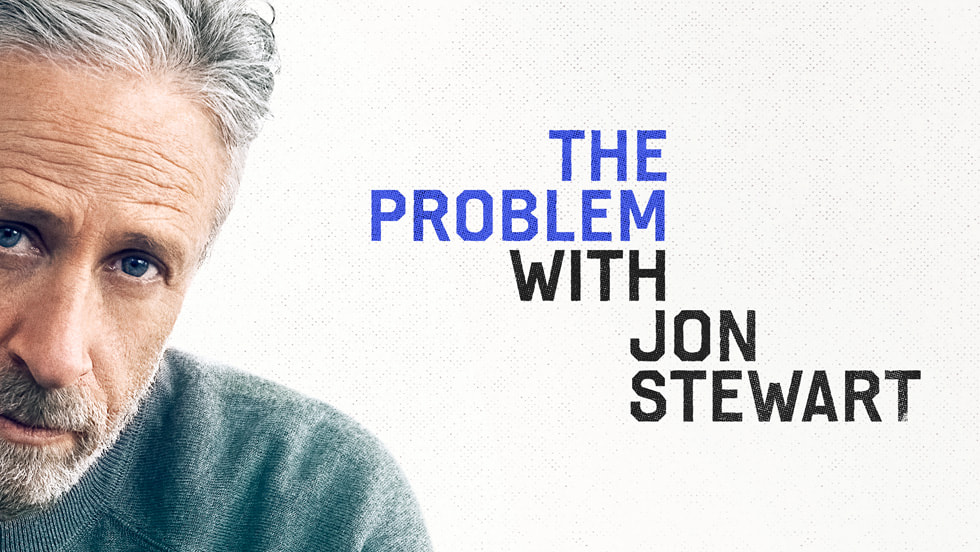
After several years off the air, Jon Stewart has made his return to television. After retiring from The Daily Show in 2015, the comedian kept a pretty low profile, making movies and doing some campaigning but never making the spotlight in the way he used to. That he was absent from political comedy during the entirety of the Trump administration felt like a major lost opportunity for many.
Now, he's on Apple TV Plus with a late-night-esque current affairs show called The Problem with John Stewart, which is part of a multi-year production deal with the platform. Each episode is an hour long and focuses on a single issue that is "currently part of the national conversation and [Stewart's] advocacy work." He has a more diverse writer's room and the kind of creative freedom that is now part and parcel for the streaming age. It’s an exciting time, but how is the show itself?
Early reviews of the series have been kind but not particularly wild. Many have noted that Stewart has plenty of fire in his belly and a good political focus but not much in the way of great jokes. He’s back to reclaim his crown from a new generation, many of whom got their start under his wing on The Daily Show. These descendants of Stewart have not only comfortably filled the gaps he left behind, but they’ve offered an array of ideas and perspectives that Stewart never brought to the table.
John Oliver has turned Last Week Tonight into a well-oiled machine of hilarity and righteous anger, highly pointed political analysis and enlightening clarity on oft-overlooked and murky issues. Samantha Bee’s Full Frontal is unabashedly woman-centered in its provocations and perspective, tackling issues on the intersections of gender, sexuality and race, all while encouraging her audiences to put their money where their mouths are. While unfairly canceled, Patriot Act with Hasan Minhaj was bold and unafraid to take on even the mightiest of forces, which resulted in Netflix censoring episodes that criticized the Saudi Arabian government. Ziwe Fumudoh's self-titled satirical talk show blends parody, music and scathing commentaries on race and white privilege in a way that harnesses the tropes of the genre while poking holes in its privileges.
And then, of course, there is Trevor Noah. After a shaky start, he managed to make The Daily Show his own. In lockdown, he’s funnier than ever, more relaxed but no less willing or able to tackle the weighty issues with deftness and a keen eye for detail. Where many comedians struggled to understand the bleak mood of the world during its unprecedented period of change, Noah seemed the best equipped to tackle it all. At home in his hoodie with his hair getting ever longer, Noah felt of the moment without reducing it all to a gimmick. He’s the perennial outsider looking in, and it works so well.
How does Stewart fit into this crowded field now, the one he helped to birth? He’s no longer the only person sitting at the table, but is there room for another seat?
This is not to deny or downplay the immense legacy and good work of Stewart, which includes a vast amount of political lobbying on behalf of 9/11 survivors. It’s more a question of how the conversation has changed, evolved in a way that doesn’t leave much room for Stewart’s particular brand.
Get the What to Watch Newsletter
The latest updates, reviews and unmissable series to watch and more!
Stewart was a man with some major blind spots. He was frequently called out for how overwhelmingly white and male his writer’s room was and how that influenced the way he talked about issues like gender and race. Former Daily Show writer and correspondent Wyatt Cenac revealed how Stewart told him to "f**k off" during a heated argument about race. Cenac would later go on to create his own show, Wyatt Cenac's Problem Areas, on HBO, to which Stewart's new series bears some striking similarities. This was a comparison that wasn't lost on Cenac, who tweeted a clip of himself saying, “If you want somebody to take a Black guy saying something meaningful on TV seriously, you really need to have a white guy say basically the same thing right after.”
The thing that Stewart was most widely criticized for was his unwillingness to embrace the seriousness that his unique position had evolved into. Even as he became, rather, unfortunately, “the most trusted name in news,” Stewart would pull back from the precipice to insist that he was just a comedian. It was a stance that wore thin for many, especially as Stewart conducted in-depth and pressing interviews with politicians and news figures alike.
It's hard to blame Stewart for clearly struggling with the position he’d been forced into. It was a sign of how inept and skewed the Bush-era news media was that a comic who loved to make jokes about Arby’s and Chicago pizza was shoved into the spotlight as the only man behind a desk you could trust. He never should have been positioned as such, and the fact that he was felt like his point was being proven time and time again. The fact that his new show is even called The Problem with Jon Stewart feels pointed, as though the series is pre-empting the inevitable think-pieces like this one that points out his weaker moments.
But there’s self-awareness here too. The Problem is a much more deliberately somber affair, albeit one with a few punchlines ready to break the ice. Stewart has issues he cares about, he’s got an hour to do a deep dive into them and he’s not going to waste that opportunity. This feels like the first time we’re seeing Stewart the advocate be front and center and not shoved behind a disclaimer that everything is all just jokes. Moreover, he places those who have been affected by these issues in the spotlight. In the first episode, we see veterans whose healthcare coverage claims were denied by the government after their exposure to “burn pits,” in which troops incinerated toxic waste using jet fuel. It’s strong stuff and necessary too — an excellent use of Stewart’s power and years of experience.
So, it feels less like an issue of whether or not we need Stewart now so much as it’s one of whether Stewart can be a needed voice at this time. The show may feel familiar and not the firebrand of urgency he was when the competition was smaller, but surely we can all use a bit more political focus at this time? It’s not like anyone’s crying out for less nuance these days. Isn’t that a problem? Stewart certainly thinks so.
Kayleigh is a pop culture writer and critic based in Dundee, Scotland. Her work can be found on Pajiba, IGN, Uproxx, RogerEbert.com, SlashFilm, and WhatToWatch, among other places. She's also the creator of the newsletter The Gossip Reading Club.

